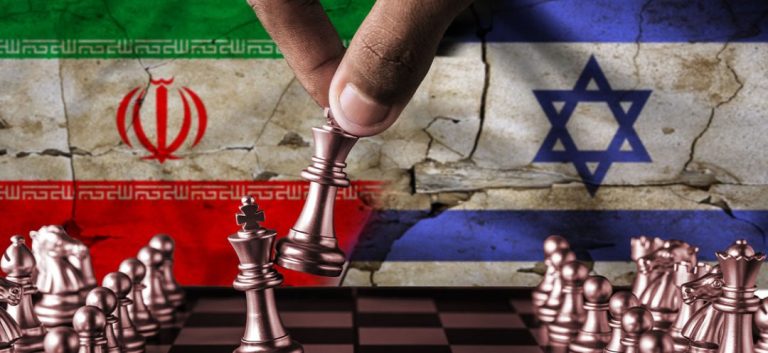Thousands mourn beheaded Lebanese soldier
Antoine Amrieh| The Daily Star
03 August/14
FNAYDEQ, Lebanon: Thousands of Akkar residents and relatives of a 29-year-old soldier who was beheaded by ISIS last week flocked to his hometown in north Lebanon where he was laid to rest Wednesday.
His family, distraught by the cruel manner by which Sayyed was killed, called on citizens to revolt until the remaining 23 soldiers and policemen held captive by jihadists were released.
“We will not remain silent until they return safely home,” said the uncle of Sayyed, looking visibly distressed as his nephew’s motorcade – headed to his hometown Fnaydeq – reached Mhammara earlier Wednesday. “Our revolution begins today and it will not stop,” he vowed, as the motorcade drove past a grieving crowd that included Sayyed’s crying father.
“People, stand by us. We call on you to [join] the revolution of dignity, to free those who defend dignity,” Sayyed’s uncle said. “Ali al-Sayyed was betrayed by his state. He was killed because he is not [Interior Minister Nouhad] Machnouk’s son who is the reason behind his death and not the son of [Speaker] Nabih Berri who allowed them to kill him,” the uncle said, reading a statement released by the soldier’s family.
“He is not the son of any of those lying politicians,” he added, saying the state abandoned Sayyed and failed to act similar to the abduction cases of Shiites in Syria and the Maaloula nuns, both were kidnapped by Syrian rebels.
Sayyed’s father, addressing the same crowd, said he hoped his son’s blood would be “sacrificed for the sake of his [comrades’] freedom.”
As residents fired shots in the air, the motorcade arrived in Fnaydeq and drove pass Sayyed’s house where his family is scheduled to receive condolences for seven days. The funeral procession for Sayyed drew thousands of northerners into the streets of Qalamoun, Mhammara and Fnaydeq, with many firing guns into the air, before he was laid to rest in his Akkar hometown. Sayyed’s relatives carried his coffin on their shoulders, white and wrapped in a Lebanese flag, while weeping women, also carrying Lebanese flags, headed the funeral procession.
During prayers on Sayyed’s body at the town’s mosque, a military personnel representing Lebanese Army Commander Gen. Jean Kahwagi said the blood of Sayyed protected Lebanon from terrorism. “The martyr saw Lebanon, from its south to the north, from its mountains to its shore, as his home,” he said, surrounded by the thousands who had flooded the small streets of Fnaydeq where buildings were adorned with pictures of Sayyed in his military uniform. “Terrorists were mistaken when they thought that using such horrific ways to kill him … would terrorize the Army and the Lebanese people because this barbaric manner only made us more committed and stronger to eliminate this phenomenon,” he said.
Sayyed’s father, Adnan, thanked the Lebanese for standing in solidarity with his family, saying his son was Lebanon’s martyr.
“He is no longer Ali Sayyed. He is Ali Lebanon now. I forgot my pain today because of the support I saw from Lebanon, from Akkar to Beirut,” he said.
Last week, a man affiliated with ISIS posted a picture on social media showing the beheading of Sayyed. Days later, ISIS released a video showing armed men, one of them with a knife, speaking to the camera and standing behind a person they said was Sayyed. He was blind folded and had his hands ties behind his back.
On Tuesday, the Lebanese Army confirmed that DNA test results positively identified the body released to the Muslim Scholars Committee as Sayyed.
Earlier on Wednesday, the head of the Association of Mayors in Akkar, Zaher al-Kassar, called on local residents to remain united even through difficult times.
“Lebanon remained [neutral] because our military remained unified … Sgt. Ali al-Sayyed sacrificed his life for the sake of Lebanon,” Kassar said in a statement.
He praised the unity among the people of Akkar and Fnaydeq and called for a massive turnout for the funeral.
The families of the other captive soldiers had demonstrated Tuesday amid fears that ISIS would behead one of their loved ones.
Jihadists are now holding at least 23 soldiers and policemen captive after the beheading of Sayyed and the release of five soldiers on Sunday.
Both ISIS and the Nusra Front have called on the Lebanese government to release Islamist prisoners from Roumieh Prison, in exchange for the captive security personnel. While the government has implicitly rejected such a deal the demand has placed a spotlight on the fate of many as of yet untried prisoners being detained in Roumieh. The Judicial Council responded to accusations that the trials of Islamist detainees in the prison have been stalled, arguing in a statement that they had picked up pace last year. Most of the Islamist detainees were arrested over their involvement in the Nahr al-Bared clashes of summer 2007 between the Lebanese Army and the Fatah al-Islam militant group.



















